‘Never Again’ … and again and again
New surveys on antisemitism reveal harrowing trends and steep double standards
This week I’ll be joining researchers, advocates, and educators from around the world at the ‘Never is Now’ conference hosted by the Anti-Defamation League (ADL) in New York City.
The topic: antisemitism. The challenge, as I see it: how to effectively confront a problem that few people feel comfortable looking at – at least in the new shapes and forms it’s come to take. It’s no longer as easily distinguishable as just white men marching with Nazi and Confederate flags, but instead has become woven into and growing throughout groups so many of us are members of.
For more than seven years, Sachs Media has been tracking attitudes relating to antisemitism, the Holocaust, and Israel.
Immediately following the Hamas attack on Israel on October 7, 2023, we went into the field again, and have surveyed repeatedly since. Our public opinion data validates what honest observers know to be a grim reality: Antisemitism is on the rise and is manifesting in ways that demand urgent attention.
Our data finds a steep rise in bias against Jews, not only in the most easily recognizable displays of antisemitism, but also in a more insidious form creeping into mainstream discourse, particularly among the younger and more left-leaning among us.
It’s not a comfortable conversation to initiate or engage in. But the alternative – silence – threatens to create space for the normalization of the horrors of both past and present.
As detailed below, our survey findings illustrate trends over the past many years, but I don’t know where to go from here. I’m hoping to learn from others at ‘Never is Now’ about how to find a path forward.
Eroding views on the Holocaust
On the bright side, Floridians overwhelmingly agree that Holocaust education should remain in schools. But beyond this consensus, troubling shifts emerge:
The number of Floridians who believe Jews “use the Holocaust to advance financial, media, or business agendas” has risen by half, from 14% to 21%, in just two years. This increased among all parties, but most significantly among Democrats, more than doubling from 10% to 21% in those two years.
A more dramatic overall increase – from 25% to 35% during this time – occurs when people are asked whether Jews use the Holocaust to gain political influence or to secure U.S. support for Israel.
Most startling: The belief that Jews were at least partially responsible for what happened to them during the Holocaust has grown fourfold in five years, now held by 17% of Floridians. That’s 2.5 million adults – nearly four times the state’s Jewish population.
Why are Jews increasingly seen as responsible for what happened to them in the Holocaust?
This victim-blaming mindset isn’t limited to history. It’s emerging in real time.
Antisemites have long engaged in historical revisionism to justify their contemporary hatred of Jews. But now, we’re seeing a new spin on an old trend: Current events, like the war between Israel and Hamas, are leading people to revise history in a way that may better fit their current prejudices against Israel and Jews. And, alarmingly, staggering numbers of people self-report the view that the murderous acts and war crimes of avowed terrorists against innocent Israeli civilians were justified.
When Hamas carried out the brutal October 7 attack on Israeli civilians, they killed over 1,130 people and kidnapped more than 250. Our surveys found:
In the days immediately after the attack, a startling 1 in 5 (20%) Floridians thought Hamas was at least “somewhat justified” in their actions.
A year and a half later, that number had climbed to 25%, including 38% of those under age 45 and 34% of Democrats.
Origins of victim blaming
What is the origin of this blaming of Jewish victims, whether regarding the horrors that befell Jews during the Holocaust or the violent atrocities that occurred on October 7? Perhaps it is connected to the rising, misguided perspective that Israel’s military response to the massacre itself constitutes genocide.
Writer Andrew Sullivan, a fairly harsh critic of Israel, wrote what I think strongly articulates the distinction between legal warfare or even war crimes, versus the label of “genocide.” The accusation that Israel is itself committing genocide undermines the gravity, weight, and meaning of historical genocides like the Holocaust and weaponizes the term against the very group that suffered most greatly from one such historical genocide.
The survey question we asked regarding legal warfare versus genocide is perhaps unnaturally binary – there are surely views that fall somewhere in between, such as the possibility that Israel has committed war crimes although its operations in Gaza do not meet the definition of a genocide.
No doubt, there must be room for critical conversation about Israel’s actions in this and in any military conflict. Israel – like any other nation engaged in warfare – is not beyond reproach. But unfortunately, unchecked, and in the midst of widespread misinformation, it seems there are significant double standards for how Israel and its self-defense is viewed, and these sentiments frequently veer into antisemitism.
Forced to pick between a view that Israel is engaging in either legal warfare or genocide, 3 in 10 Floridians chose “genocide.”
This included nearly half (46%) of those under 45, and a full half of Democrats (50%).
Testing views of ‘genocide’
In one survey experiment, we tested which messages lead Floridians to see Israel’s retaliation less through the lens of “genocide” and more as self-defense.
Respondents were randomly assigned to view one of four equally true messages:
A: No message (control group)
B: Israel is working to provide polio vaccinations to infants in Gaza, and Israeli hospitals have opened to treat injured Palestinians.
C: Hamas has blocked its own people into Gaza war zones despite Israel’s alerts for civilians to evacuate before raids.
D: Hamas has held Israeli hostages captive in the most densely populated areas of Gaza, making casualties difficult to avoid.
Surprisingly, the “Israel is trying to keep innocent Palestinians healthy”-themed message didn’t move the needle away from “genocide.” Only messages regarding Hamas’ use of its own people as human shields seemed to make a difference.
Among Democrats, for example, the belief that Israel was committing “genocide” was chosen by 56% who saw no message at all; by 53% of those who saw Message B (polio vaccines); and by 44% of those who saw Message C (Hamas blocking its own people in).
This seems to underscore what we’ve found in other experiments: For a meaningful portion of people, Israel can’t be seen as doing anything positive – even when it’s doing overt good, or acting in a way that actually imperils its own interests.
We previously shared survey findings that 23% of Floridians (including 38% of Democrats and 38% of those under age 45) felt that Israel was acting in a “racist” and “unjust” way against Palestinians when it returned 30 or 50 Palestinian prisoners – most of them serving life sentences for crimes like murder and terrorism – for every 1 Israeli hostage.
There’s simply no rational explanation for how trading 1 Israeli for 50 Palestinians is somehow unjust against Palestinians. Even if it could imply that Israel considers the life of one of its people “worth” more of anyone else, the act of making such an exchange isn’t racist – especially when it leaves Palestinians with a significant strategic advantage.
Double standards on self-defense
Seeing this data, I thought perhaps there might be something about warfare that leads younger or more liberal people to believe that retaliation isn’t acceptable in any circumstance. Or perhaps it could be that any time large numbers of people are killed in war, some individuals will believe it’s genocide.
But that benefit of the doubt didn’t play out in the data.
Rather, yet again, Israel was held to an entirely different standard than other countries regarding the fairness of self-defense.
We randomly assigned each respondent to see only 1 of 2 separate messages, followed by a common question. Half saw each of the following:
A: It is fair for ISRAEL to retaliate against HAMAS for the attack that killed 350 attendees at a music festival and took many more hostage.
B: It is fair for UKRAINE to retaliate against RUSSIA for the missile strike that killed 29 and damaged a children’s hospital.
Here’s what we found:
Overall, retaliation is seen about the same regardless of which group was shown, with just over half feeling it’s okay to do so.
But among those under age 45, the findings are heavily skewed. Within this group, just 25% of those who saw the Israel/Hamas message – only 1 in 4 – thought it was fair for Israel to retaliate, while 60% of those who saw the Ukraine/Russia message felt it was fair for Ukraine to retaliate.
A similar pattern was observed among Democrats: 39% of those who saw the Israel question said it was fair for Israel to retaliate, while 55% of those who saw the Ukraine message thought it was fair for Ukraine to retaliate.
This experiment, conducted in August 2024, is overdue for retesting. But I worry that this will find that the partisan prejudiced, in both directions, have likely only become deeper.
Why do some feel it’s unfair for Israel to defend itself but OK for others to do so?
These findings raise urgent questions: Why is Israel held to a different standard? Why is Israel’s self-defense more controversial than that of other nations?
We wanted to better understand whether these views really are just about war or if – Israel being the world’s only Jewish nation – there’s something more specific to Jews that leads some people to feel uneasy about Israel.
Many hold tight to a distinction between condemnation of Israel and antisemitism, but few tests have been conducted to find out where those actual lines are drawn.
So we ran another survey experiment to look at a different dimension of the issue.
Half of our respondents randomly saw one or the other of the following messages, followed by a common question:
A: It’s fair for JUDAISM to be the official religion of ISRAEL
B: It’s fair for ISLAM to be the official religion of PALESTINE
If a person believes no state should ever have an official religion – for example, if one firmly believes there should always be clear separation of church and state no matter what – the responses should be the same regardless of the named country.
But what we see here reveals double standards in both political directions:
Among Democrats, the perception that a national religion is fair is significantly greater among those who saw the Palestine wording (63%) than the Israel wording (45%).
Among Republicans, the opposite is strongly true: Significantly more Republicans in the Israel group (67%) perceive fairness of a state religion than do those in the Palestine group (38%).
In interpreting these findings, it's important to note that when one thinks of Islamic states, there are plenty of examples that can come to mind, many of which have caused great terror (often against their own people). So a person expressing hesitation about the “fairness” of Islam as an official state religion may not be thinking exclusively of Palestine, but perhaps about other cases as well (or instead). But there’s only one Jewish state in history (and it imposes no compulsory religion, and permits the free practice of Islam, Christianity, and all other faiths within its borders).
Double standards regarding state diplomatic relations
A similar pattern is seen when considering U.S. diplomatic relations. A survey experiment we ran in 2019 related to a trip Gov. Ron DeSantis and the Florida Cabinet took to Israel with the stated intent to learn about water and other technologies.
This trip was met with significant criticism from Democrats regarding the use of tax dollars specifically to benefit relationships with Israel.
To see if this was just political grandstanding or something deeper, we ran another survey experiment, in which respondents were randomly assigned to see a message about a diplomatic trip by the same officials to one of three places:
A: Israel
B: New Zealand (chosen as a neutral destination)
C: South Sudan (chosen because it stood out as a destination rocked by civil war, famine, poor infrastructure, violence, rape, torture, and ethnic cleansing)
This was followed by a set of common questions measuring support for the mission. A few big findings emerged:
Democrats viewed a state leadership trip to Sudan more positively than they did a trip to Israel.
More Democrats who saw the Sudan treatment said they believed the Florida delegation would probably “learn useful things” compared to those who saw the Israel treatment.
Undercurrents, and awareness of the genocidal intent of Hamas
In our surveys, 1 in 20 Floridians express the view that rape is sometimes justified as a means of resistance. There’s a strong undercurrent of postcolonialism and critical theory (a political philosophy rooted in Marxism) in these views, which imply that if a particular group has less power than another group, almost any action is justified against the more powerful group to level the playing field as a form of “resistance” or “liberation” – or, conversely, that if a group has more power than another group, it is inherently unjustified to successfully act in self-defense against members of the less powerful group.
This seems linked to a willful blindness toward the publicly declared genocide Hamas, its allies, and other terrorist groups seek to enact against Israel – which these groups have proudly and openly declared day after day, decade after decade in not only their leaders’ public statements, but in the very texts of their public charters.
Awareness that Hamas has genocidal intent against Israelis and Jews is overall pretty high: About 7 in 10 (69%) say they know this.
These rates are again lower among Democrats (55%) and those under age 45 (58%), who are either legitimately unaware of what Hamas has pledged or are unwilling to acknowledge this awareness.
Experiments gave us clues … but then we explicitly asked
Today, we’ve witnessed eager harassment and threats against American Jewish students and other civilians living thousands of miles from Israel (including American Jews blacklisted by their own professional associations), made under not only the Palestinian flag but also under Hamas’ banner. This appetite for “violent resistance” extends not only to Israel, but to those associated with it.
Following the murder of UnitedHealthcare CEO Brian Thompson by alleged killer Luigi Mangione, we ran a survey to better understand how Florida voters feel about ‘vigilante’ justice – or, better put, whether people tend to rationalize or justify an act of violence if it seems to advance a goal they share.
In order to place feelings about Thompson’s murder in context, we also asked about another timely attack that received little to no media attention. While 91% were familiar with Thompson’s story at the time of the survey, just 5% were familiar with the story of an Israeli-American man who had just been run over by a car driven by a Palestinian, after the Palestinian learned that the victim had previously served in the Israeli Defense Forces. Half of the sample was asked a question about a “healthcare CEO” and the other half about a “supporter of Israel.”
Overall, in the group asked about a CEO, 24% agreed that “a person’s actions in life or business can erase their inherent worth” as a justification for murder. This included 28% of Democrats and 6% of Republicans, as well as 50% of those younger than 45. Among the group asked about a supporter of Israel, 10% agreed with this same statement about erasing inherent worth – including 16% of Democrats and 5% of Republicans, as well as 26% of those younger than 45.
Think about that: 1 in 10 seem to think that violence may be justified against a person simply for the person’s support of Israel.
Our data suggests a strong nexus between people’s views of what Israel is doing (right or wrong) and how they feel about Jews in America today. Outside of the survey experiments that demonstrate steep double standards or overt bias against both Israel and Jews, we wanted to ask people about the origins of these feelings.
Today, 1 in 10 Floridians say Israel’s current response to Hamas makes them feel either less sympathetic toward what happened to the Jews in the Holocaust, less certain about what actually happened in the Holocaust, or less confident about where the loyalties of American Jews lie.
These 1 in 10 Floridians add up to 1.4 million people who acknowledge that current events are reshaping their views on the history of Jews and/or the future of Jews in America.
Closest to home
Over the last five years, the share of Floridians who have had Nazi symbols appear in their communities has held steady at around 40%.
Below, on the left is an image of a swastika drawn on my daughter’s chair in her middle school in April 2023; at the time, she was one of about five Jewish students in a school of 750. On the right is a meme circulated to my other daughter, shared during the same time frame, at the same school – it depicts a woman holding a sign that reads “please keep the world clean” showing a Star of David in a trash can.
Both varieties of antisemitism warrant attention. They’re increasingly related – illustrated by the fact that the far right and the far left disagree on just about everything except that Israel is bad and Jews are, too.
It’s not just Neo-Nazis anymore … and it probably never was.
If “Never Again” means protecting the world’s 0.2% Jewish population against the rise of a single, tyrannical National Socialist Party leader in Germany, I think most of us will find ourselves quite safe. But if we turn a blind eye toward the dehumanization that looks like the meme on the right, above, “never” will almost surely be “again.”







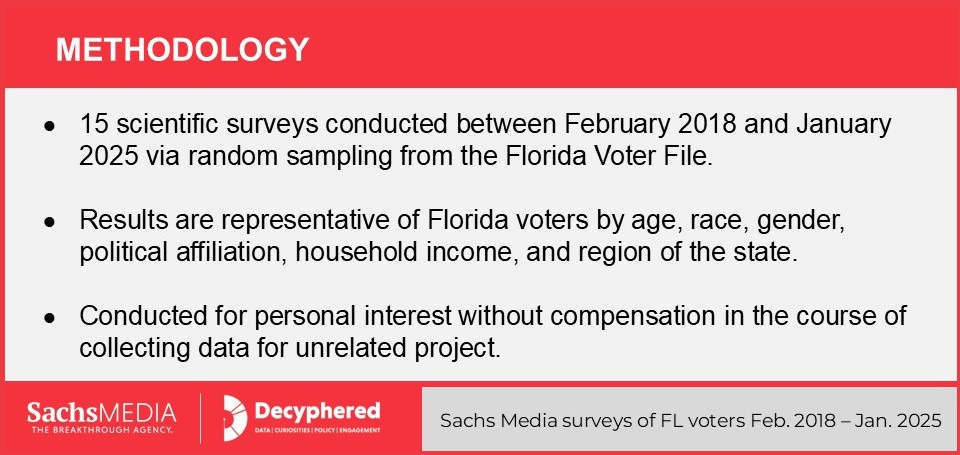
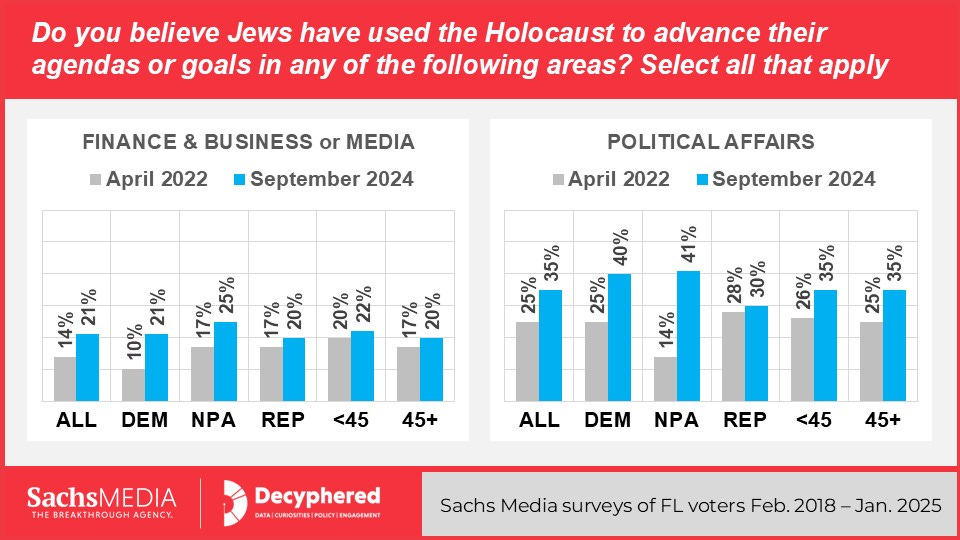
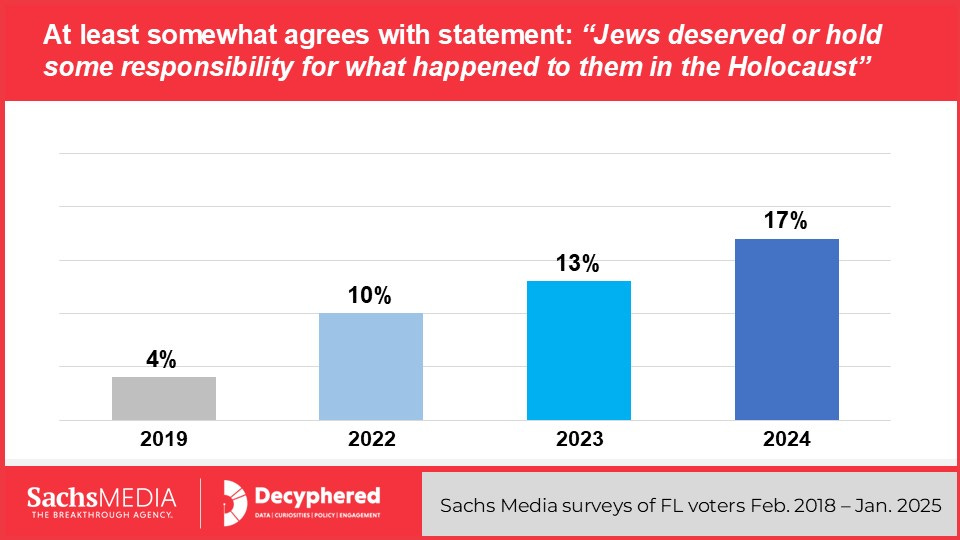
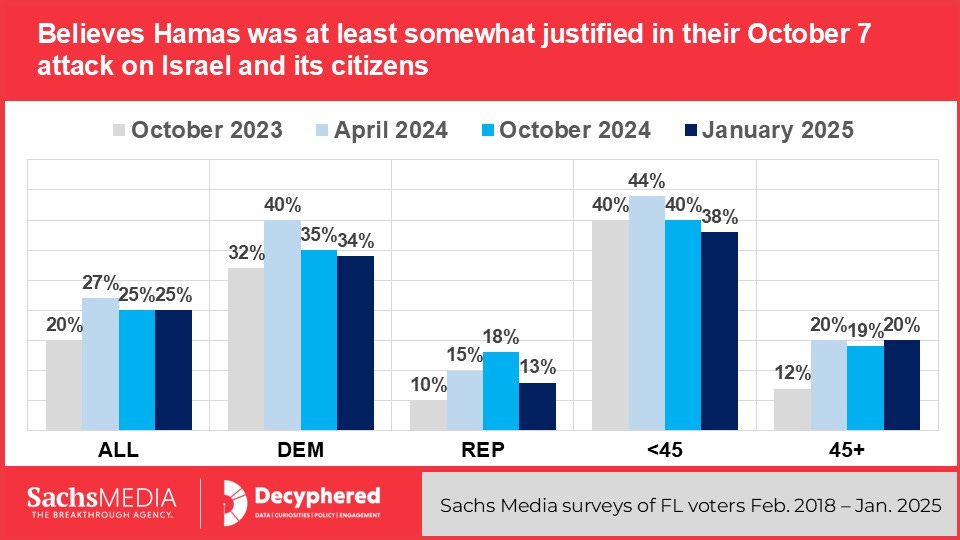
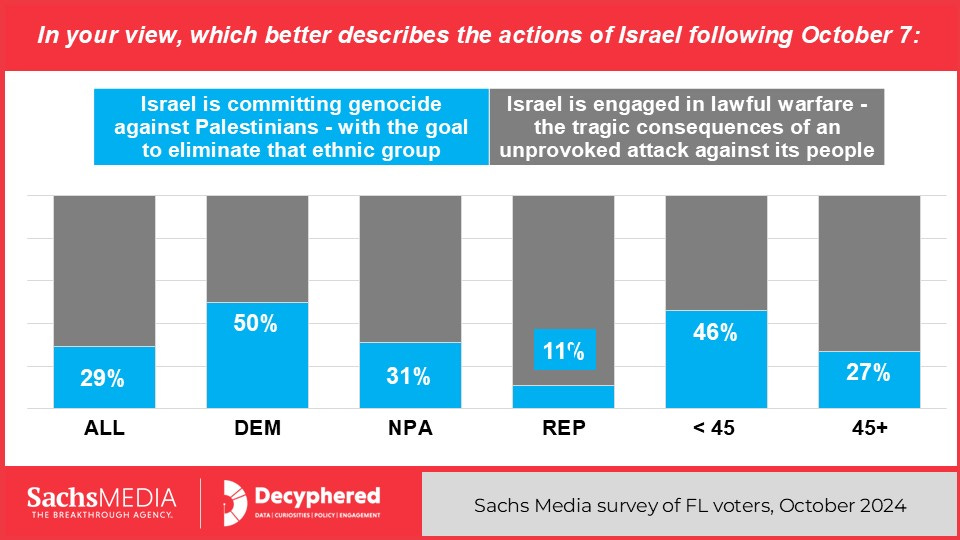
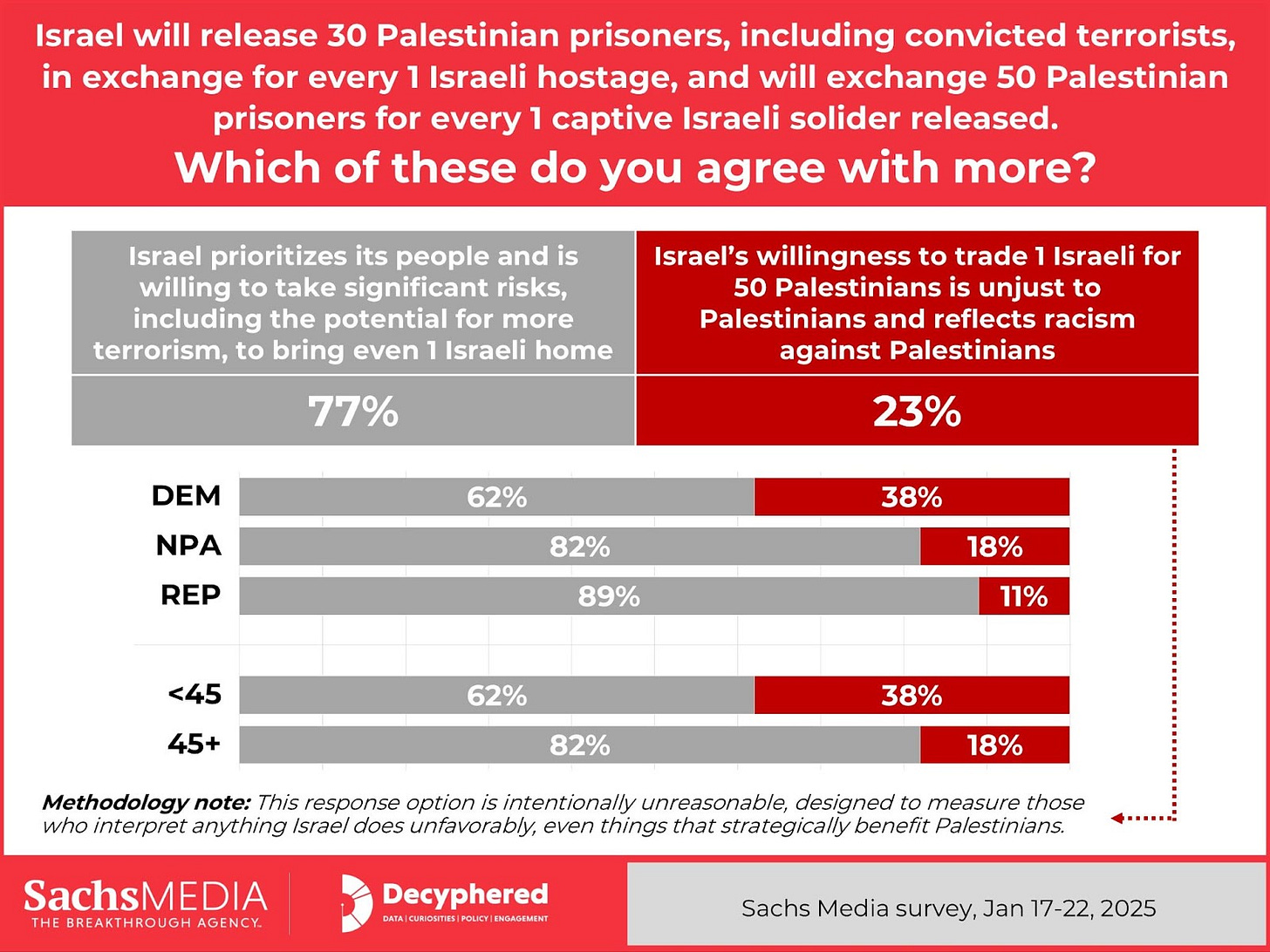
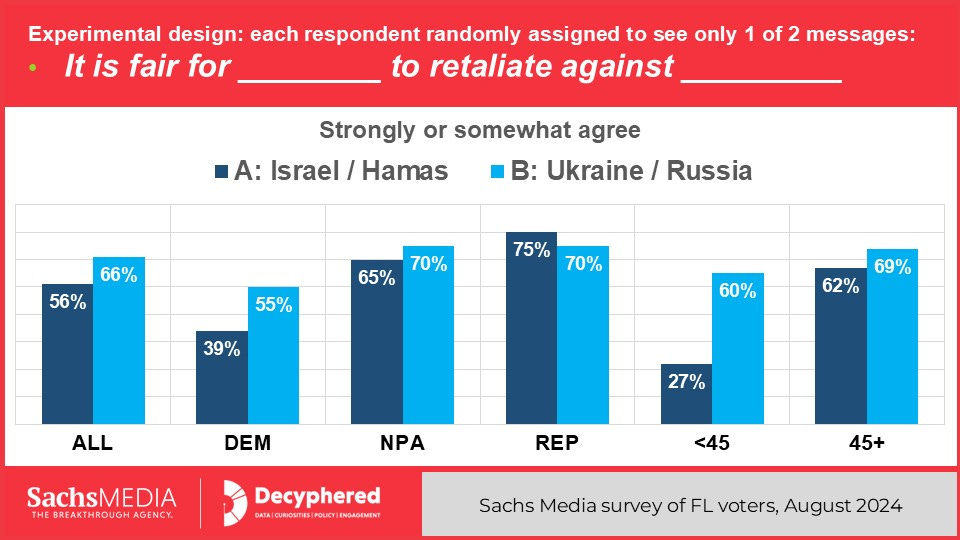
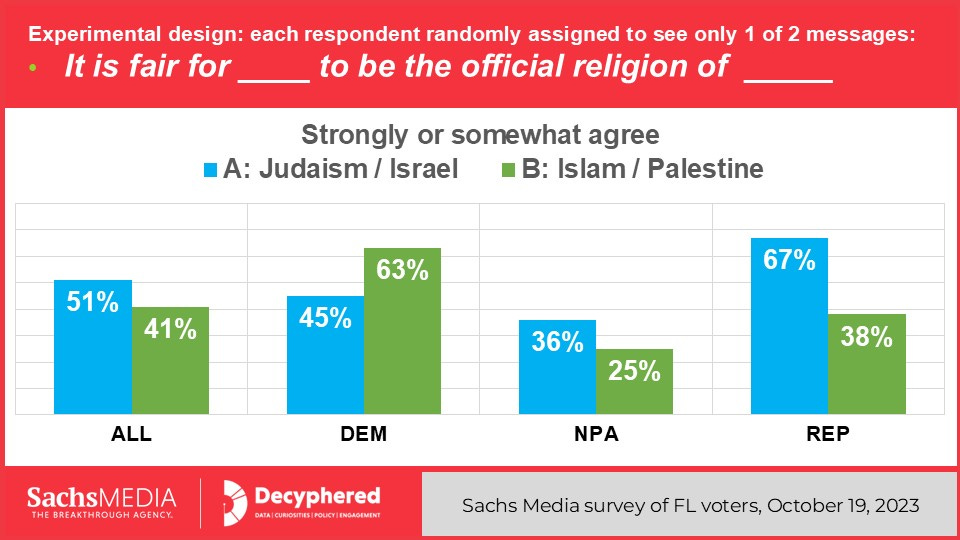
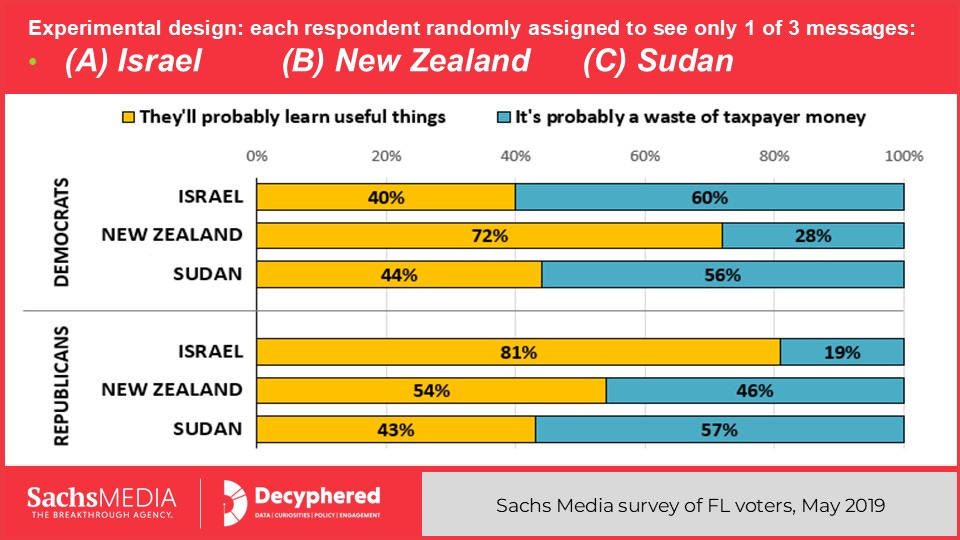
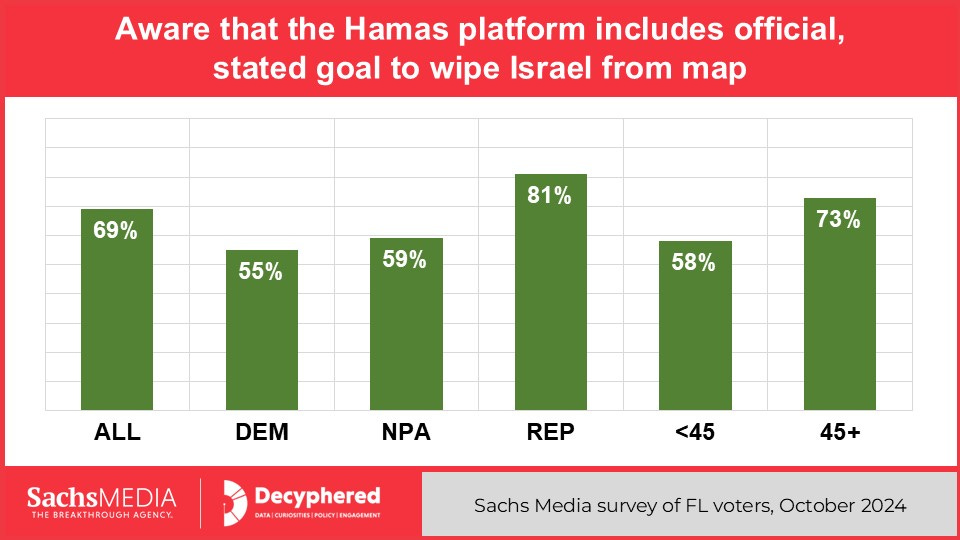
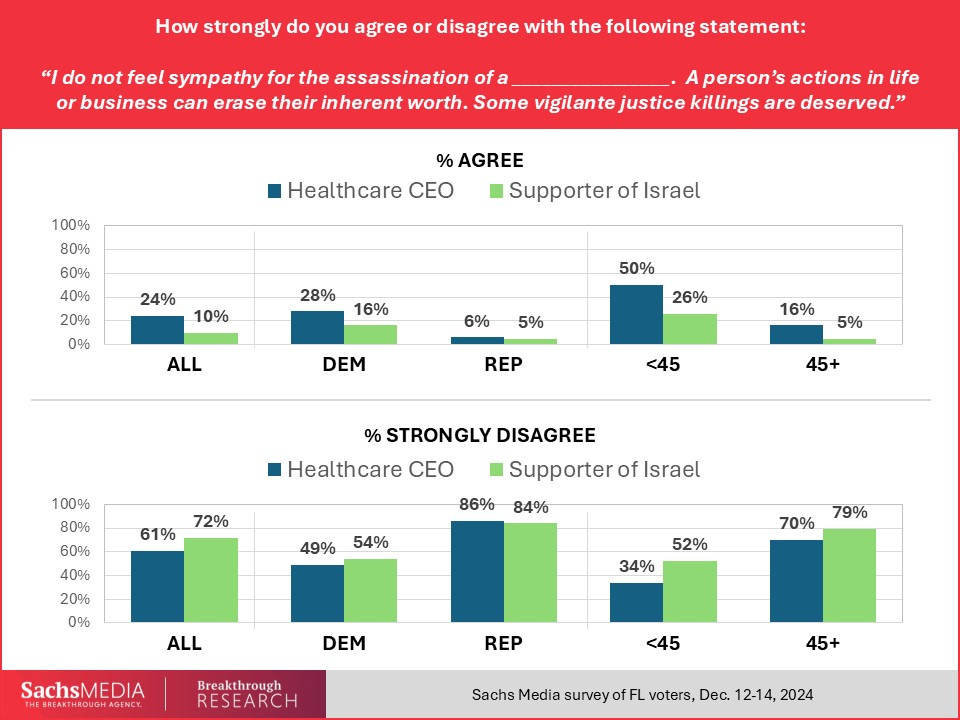
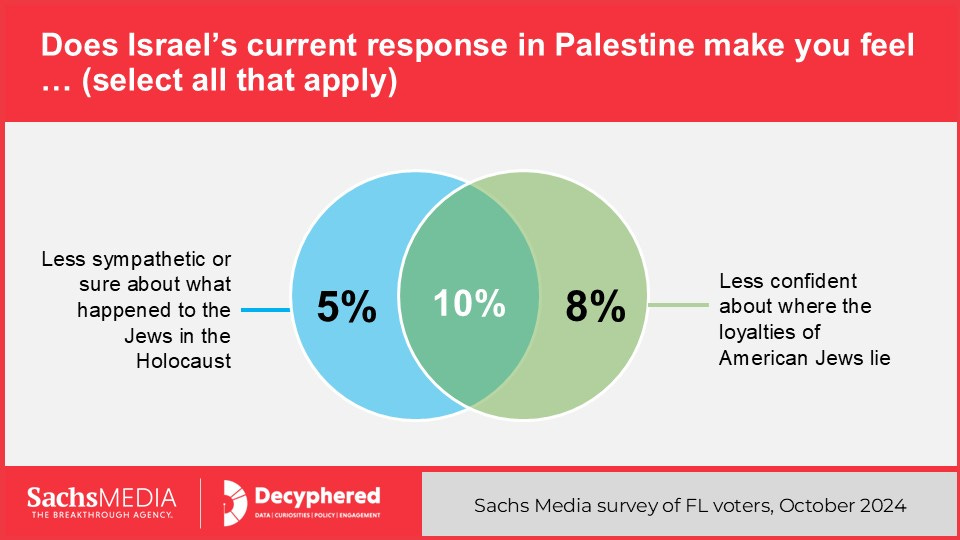
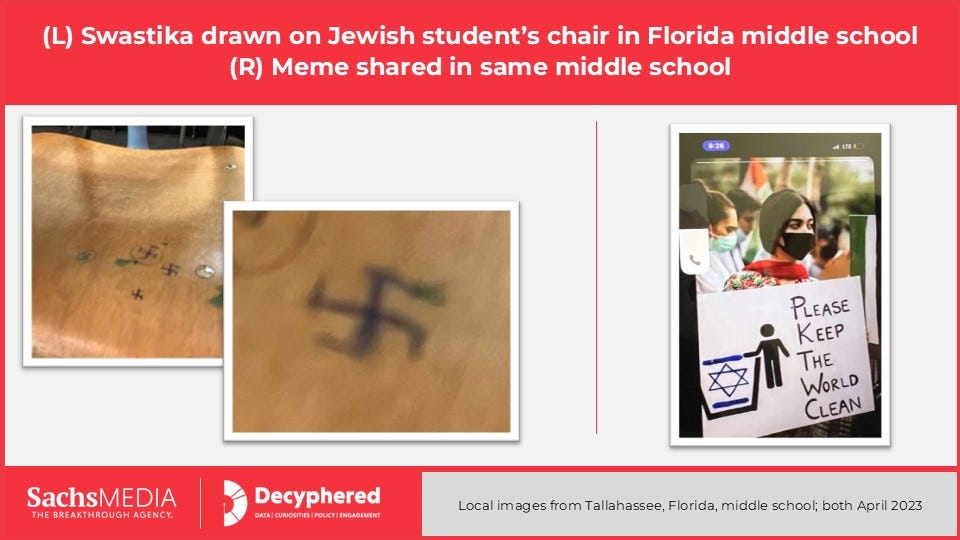
I'm unaware of legitimate criticisms of Israel what does Sullivan state?
Gaza is precisely what the Western left says it hates: a racist, sexist, homophobic, militaristic, anti-Democratic, kleptocratic, dogmatically religious police state of science fictional inequity and oppression. And they love it more than anything in the world. ১১ Abe Greenwald Executive Editor of Commentary Magazine